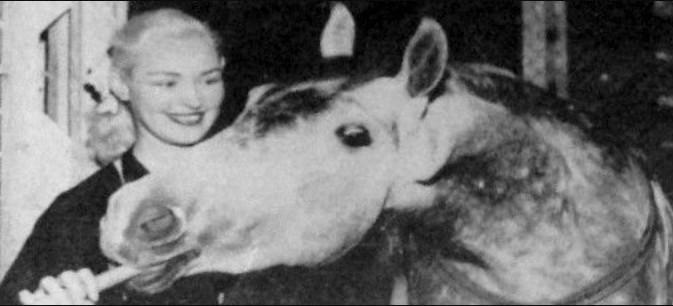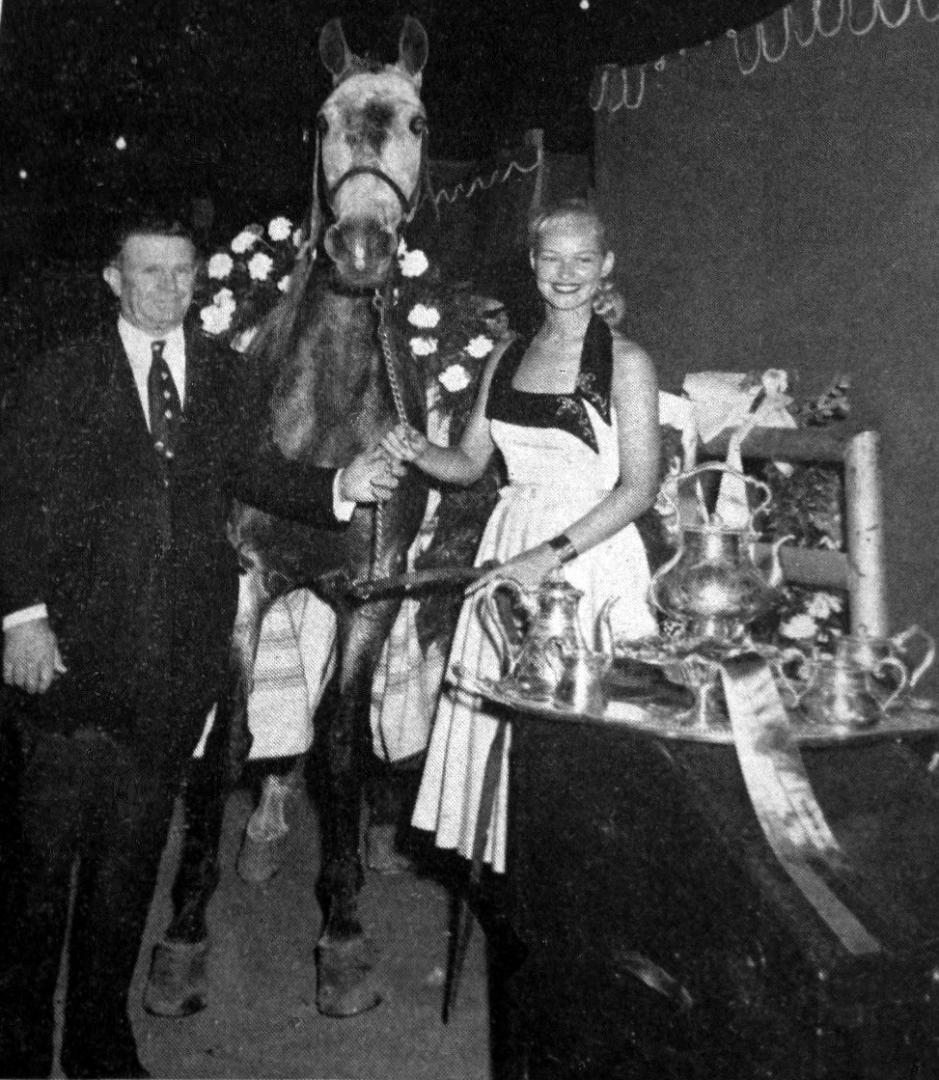
d: 1972
John Robert Hill
Summary
Name:
Years Active:
1969Status:
DeceasedClass:
MurdererVictims:
1Method:
PoisoningDeath:
September 24, 1972Nationality:
USA
d: 1972
John Robert Hill
Summary: Murderer
Name:
John Robert HillStatus:
DeceasedVictims:
1Method:
PoisoningNationality:
USADeath:
September 24, 1972Years Active:
1969bio
John Robert Hill was born in 1931 in Edcouch, Texas, to Robert Raymond Hill and Myra Hannah Hill. Raised in a deeply religious and disciplined household, Hill’s upbringing emphasized strict Christian values and musical education. He excelled in piano and several other instruments, eventually earning a degree from Abilene Christian College, where he graduated summa cum laude. He pursued medicine at Baylor College of Medicine in Houston, initially aiming to become a surgeon.
Hill’s early medical career was marred by serious professional missteps, including a fatal surgical error during his residency at Hermann Hospital. Nevertheless, he continued in his career and pivoted to plastic surgery — a field he believed had higher financial prospects in Houston. He later joined Dr. Nathan Roth in private practice but was dismissed after additional lapses in judgment and professionalism. Hill eventually opened his own practice, while also indulging his obsession with music, pouring extravagant sums into a custom-built music room in his home.
In 1957, John married Houston socialite and equestrian champion Joan Robinson. Their marriage appeared glamorous from the outside but was marked by deep emotional distance, personal clashes, and growing resentment. Joan's passion for horses and competitive riding took precedence in her world, while John prioritized his medical practice and musical aspirations. By the late 1960s, their marriage had deteriorated significantly. John began an affair with Ann Kurth, which ultimately led to separation, a divorce attempt, and eventually, an uneasy reconciliation. Despite returning home to Joan and withdrawing divorce papers, he continued seeing Kurth behind his wife's back, sowing more distrust.
murder story
On the night of March 14, 1969, after a tense argument with his wife, John Hill reportedly gave Joan a pill that “knocked her out,” according to statements she made to friends. Over the next few days, her health rapidly declined — she vomited repeatedly, experienced severe diarrhea, and became dangerously dehydrated. Despite her worsening condition, John did not seek timely medical help. Instead of taking her to a major Houston hospital, he drove her to Sharpstown General — a small, suburban facility lacking an ER or ICU — over 45 minutes away from their home.

Joan died on March 19, 1969, from what was eventually described as a "fulminating infectious process." However, due to immediate embalming before an autopsy, the exact cause was never definitively established. Joan’s father, Ash Robinson, was adamant that John had poisoned his daughter and pressed authorities to investigate. The first autopsy yielded little, and two more were conducted — with the final one suggesting medical neglect and suspicious treatment rather than direct poisoning.
After a year of pressure from Ash and his legal team, John Hill was indicted in 1970 and became the first person in Texas history charged with “murder by omission.” Prosecutors alleged he had willfully failed to provide Joan with necessary medical care, leading to her death. His 1971 trial ended in a mistrial, largely due to conflicting testimony from Ann Kurth, who accused him of attempting to kill her as well. A second trial was scheduled for November 1972.

But before that could happen, Hill was murdered.
On September 24, 1972, a masked intruder fatally shot Hill in his River Oaks mansion, in front of his third wife, Connie. The killer was later identified as Bobby Wayne Vandiver, who confessed to the contract killing and claimed he was paid $5,000. Vandiver was later killed by police. His accomplices, Marcia McKittrick and Lilla Paulus, were arrested and convicted. McKittrick served five years, while Paulus was sentenced to 35 years but died of cancer in prison.
Though Hill never stood trial again, the cloud of suspicion over Joan's mysterious death never lifted. The case became a cultural sensation, inspiring books and films, and remains one of Houston’s most scandalous unsolved cases involving high society, betrayal, and murder.